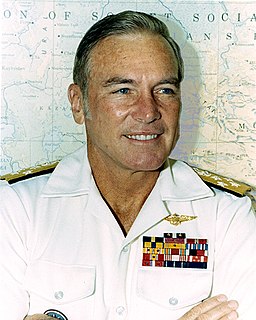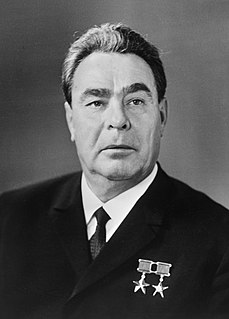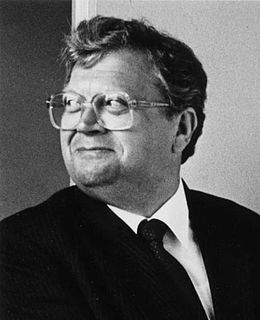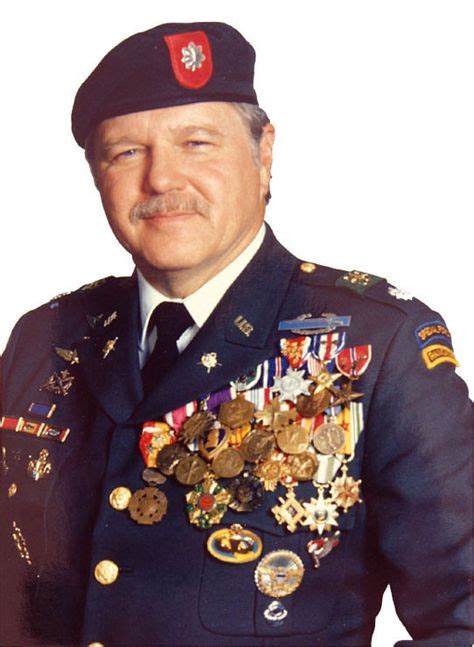A Quote by Jeff Greenfield
In early 1961 a new president, John F. Kennedy, was told by military leaders and civilian officials that the Kingdom of Laos - of no conceivable strategic importance to the U.S. - required the presence of American troops and perhaps even tactical nuclear weapons. Why? Because if Laos fell, Asia would go red from Thailand to Indonesia.
Related Quotes
The Kennedy Administration's public pronouncements on the matter suggested that the presence of Soviet nuclear missiles in Castro's Cuba would represent an unacceptable strategic threat to the United States. . . . This urgent transformation of Cuba into an important strategic base - by the presence of these large, long-range, and clearly offensive weapons of sudden mass-destruction - constitutes an explicit threat to the peace and security of all the Americas. . . .
American envoys came to see me before the crisis in Iraq and asked me to say that there were nuclear weapons in Iraq. I refused. They even told me that things would go well for Belarus in terms of investments, etc. All I had to do was to support them. I told them that I couldn't do it because I knew that there were no nuclear weapons there.
What is the only provocation that could bring about the use of nuclear weapons? Nuclear weapons. What is the priority target for nuclear weapons? Nuclear weapons. What is the only established defense against nuclear weapons? Nuclear weapons. How do we prevent the use of nuclear weapons? By threatening to use nuclear weapons. And we can't get rid of nuclear weapons, because of nuclear weapons. The intransigence, it seems, is a function of the weapons themselves.
When John Kennedy attempted to take the government back from the back from the robber barons, he was brutally murdered. The message to future US president and leaders across the world was clear: do as you're told, or die. John Fitzgerald Kennedy was the last true president of the United States. And until the globalists are removed from power, we will never have another real one.
I don't want to use the term "nuclear weapons" because those people in Iran who have authority say they are not building nuclear weapons. I make an appeal to the countries who do have nuclear weapons. They don't consider them a nuclear threat. But let's say a country that doesn't have nuclear weapons gets involved in building them, then they are told by those that already have nuclear weapons that they oppose [such a development]. Where is the justice in that?
Because President Obama had an overall strategy, military and civilian leaders under his command could make reactive decisions that advanced the president's goals. In the military, we call that commander's intent: When there's a decision to be made and you don't have exact guidance at that moment, you at least know overall what your boss wants.
The bottom line on nuclear weapons is that when the president gives the order, it must be followed. There's about four minutes between the order being given and the people responsible for launching nuclear weapons to do so. And that's why 10 people who have had that awesome responsibility have come out and, in an unprecedented way, said they would not trust Donald Trump with the nuclear codes or to have his finger on the nuclear button.
































